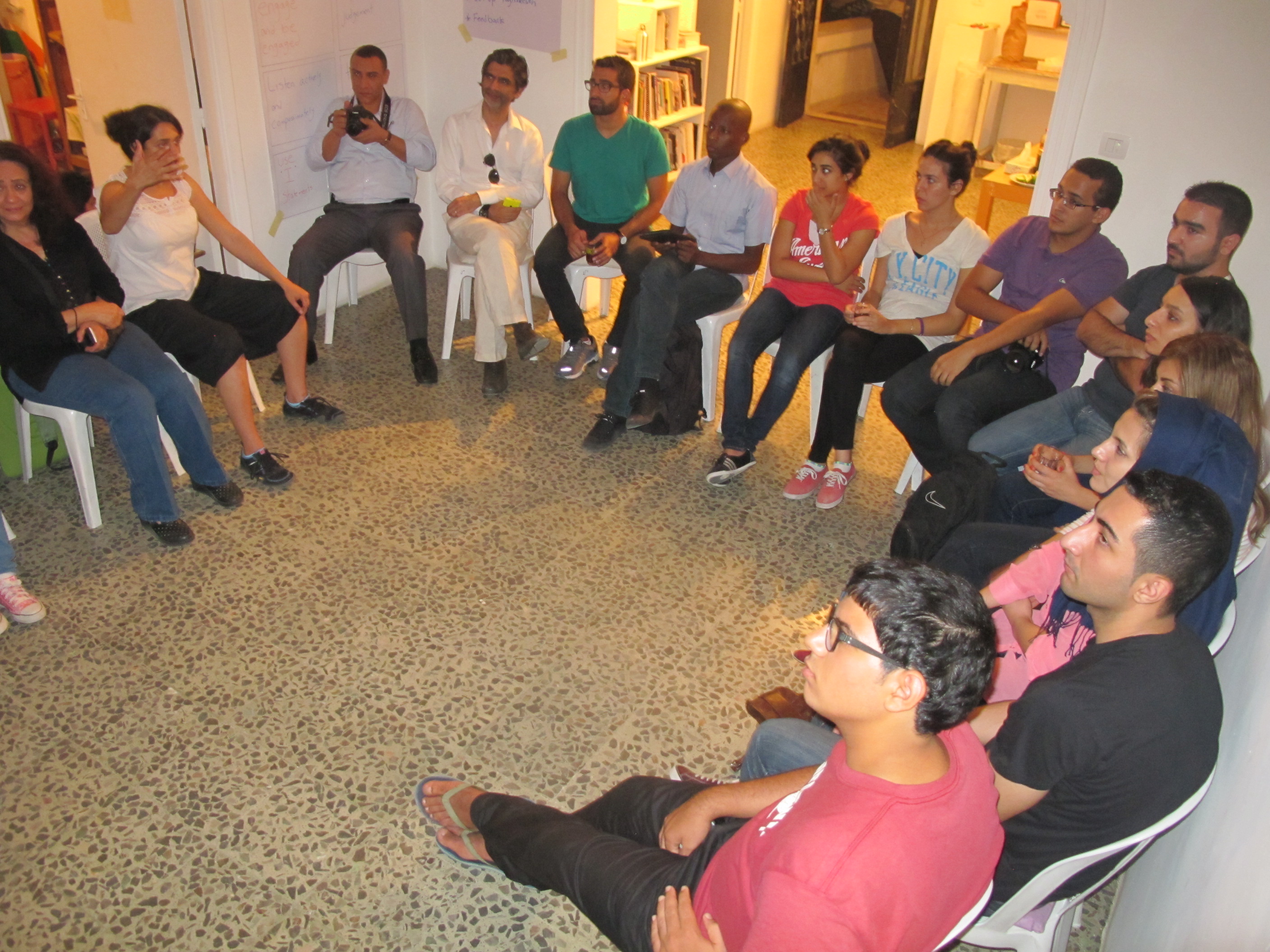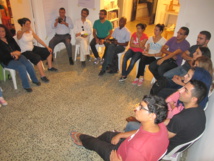In all probability, 2017 is going to be a year of transition for the new directions in the world order within the context of the strategic disorder and polarisation among the powers.
This will be especially so economically between Washington and Beijing. Transition will also be the optimal word regarding the rise of Russia, the future of the European Union after Brexit, the coming elections in France and Germany and the shaping of a new Middle East out of its destructive chaos.
Amid rising Putinism, loud Trumpism, a hungry Chinese dragon, an ageing Europe, a generation of nostalgic dreamers of bygone empires, merchants of religion and fables, globalisation refuseniks and pushers of the clash of civilisations, the new era in international relations does not look so bright.
Regardless of the achievements of both the digital and technological revolutions in our global village, history draws us back to the first fall of global capitalism, which led to the first world war in 1914. Today, with the growing gap between classes, the shrinking space of freedoms and the rise of nationalism, we are witnessing conditions like those that led to the Bolshevik revolution of 1917. Of course, we will not see the unfolding of the same scenario but we will need to seriously review our thinking patterns and approaches.
With the withdrawals from the International Court of Justice, the use of brute force to settle international disputes (Russia resorted to the card of sanctioned wars to rejoin the circle of big players) and the spread of terrorism, we have come to the end of the Westernised era of international relations. Today, it seems that ethics or human considerations no longer have any role to play in international relations nor can international law and concerted multilateral diplomacy stand in the face of narrow national interests.
We can see the decline in the limited gains of the previous world order reflected in the ascension of Putinism, not just in relation to military successes in the Syrian theatre but also in the rise in Europe of nationalistic or right-wing leaders close to Moscow. In case the accusations levelled by Washington regarding Putin’s team hacking US elections turn out to be true, we can conclude that these digital wars are preliminary tests for new forms of confrontation in a feverish race to control decision makers worldwide during the coming decades. Donald Trump’s election under the slogan “America First” clearly indicates the return of nationalistic discourse to the detriment of globalisation and international cooperation.
Future trends in international relations will be decided by Trump administration policies towards China and China’s reactions to them. During the new era, China will focus on increasing its benefits from the new Silk Road while the United States will focus on the South China Sea and countering China’s game in Asia and the Pacific.
In the wider Middle East, everybody is waiting for the Trump administration’s positions regarding Iran, Saudi Arabia and Turkey. It will be interesting to find out the extent to which this administration is willing to concede Russia’s rising role in the eastern Mediterranean.
In many places, 2017 is shrouded in mystery. It is difficult to predict the global effects of a strong US dollar and the fluctuations of the oil markets. In France, Iran, Germany, the Netherlands and Nigeria, the coming elections are a waiting game and we cannot clearly read the aftermath of the Islamic State’s defeats in Mosul and Syria. The future of the Kurdish issue remains uncertain.
Some observers are quick to dismiss any potential changes in the Arab world for 2017.
Nevertheless, and despite the continuous destructive chaos in more than one Arab country, the profound changes taking place since 2010 in many are indicative of the covert strength of Arab youth to meet challenges head-on and move forward with reforms while strongly opposing any form of colonisation.
-----------------------
The Arab Weekly









 Home
Home Politics
Politics











